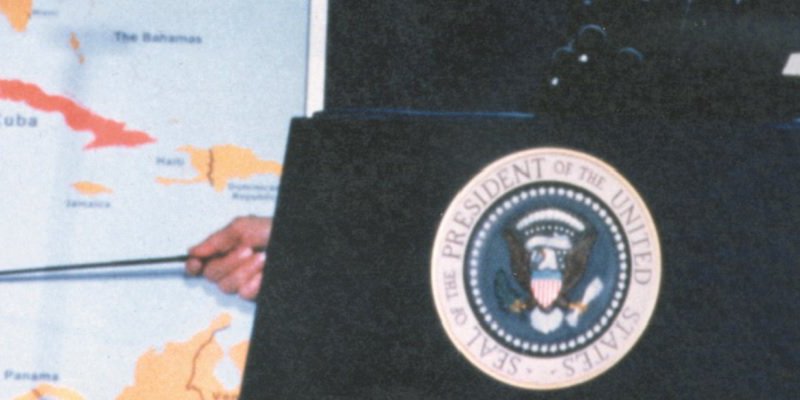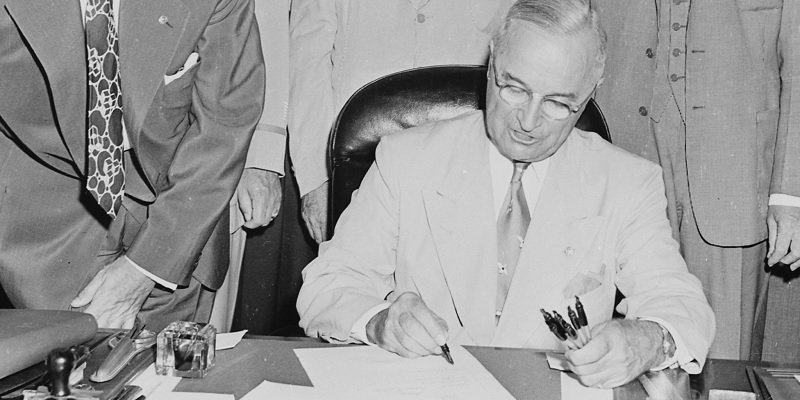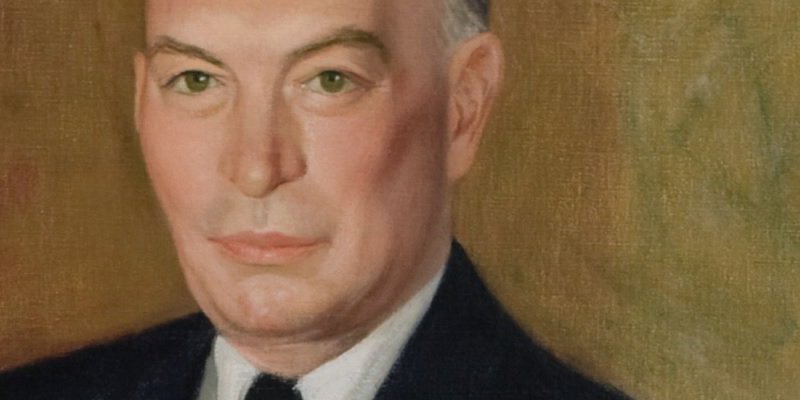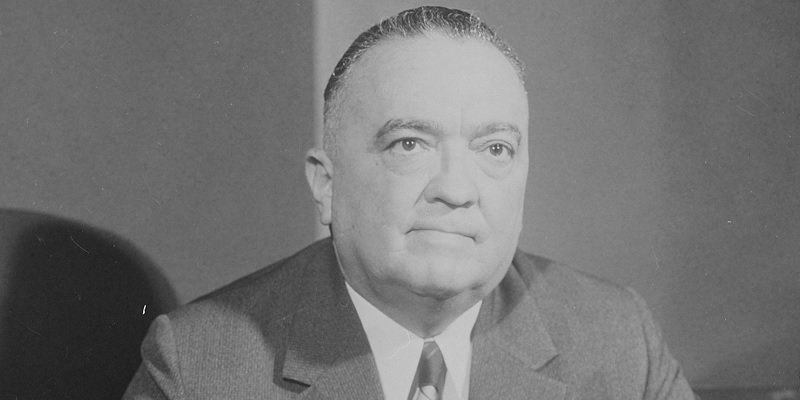-

A brief history of U.S.-led regime change in Latin America
Last month, the U.S. recognized Venezuelan opposition leader Juan Guaido as the “interim president” of Venezuela. Since then, Canada, the European Union, and a slew of other countries have followed America’s lead. The move is another sign of the return to Cold War-era U.S. policy in Latin America under President Donald Trump and Secretary of State Mike Pompeo. Today, using records from the Central Intelligence Agency archives, we’ll take a brief look back at the last half-century of U.S. involvement in the region.
-

Cold War feuds led to the FBI investigating accusations that the government was compromised by a network of secret socialists
In the late ‘50s, a former Army Intelligence chief alleged to the Federal Bureau of Investigation that a secret cabal of socialists and Communists were infiltrating the government. The 122 named individuals included some senior officials and even hardline anti-communists such as Central Intelligence Agency spymaster James Angleton. Though the FBI ultimately dismissed the accusations as the result of an interagency feud, the Bureau did did congratulate itself on having already been aware of most of the individuals’ alleged subversive tendencies, which included sometimes having thoughts similar to those of socialists.
-

CIA internal history blamed interagency conflicts on the National Security Act being “purposefully vague”
As part of MuckRock’s ongoing project to declassify and collect internal Central Intelligence Agency histories, the Agency recently released a copy of the history on coordination between inbetween intelligence agencies in the aftermath of World War II. The history outlines various “turf wars,” some which predate the Agency itself, which were the result of disagreements about what the law said and who had what responsibilities. According to the history, many of these disagreements and differing interpretations stemmed directly or indirectly from the language of the National Security Act of 1947, which both established and empowered the CIA, as being “purposefully vague.”
-

After retiring, CIA’s first director warned J. Edgar Hoover of Agency’s “corruption”
A recently released copy of the Federal Bureau of Investigation file for Central Intelligence Agency Director Admiral Roscoe Hillenkoetter reveals that shortly after his retirement, Hillenkoetter admitted to FBI Director J. Edgar Hoover that elements of the Agency were corrupt.
-

National Treasure: the CIA hid historical artifacts in the walls of their headquarters - twice
One of the more fascinating revelations in the Central Intelligence Agency’s archives is the fact that, on two separate occasions, the Agency has had the White House bury time capsules of CIA materials in the walls of their buildings. The first box was jokingly referred to by Director Allen Dulles as containing “secrets,” and that came amazingly close to being true. The second, placed by one of Dulles’ successors, was nearly a plot device in a spy thriller, thanks to a suggestion that they place the true names of every Agency employee within the box.
-

FBI file indicates the Bureau had better information sharing with phone companies than with the White House
A FOIA release of Federal Bureau of Investigation’s file on counter-surveillance includes an entry describing the White House’s 1954 report that their phones had been tapped. According to the file, the FBI and the phone companies shared more information with each other than with the White House - and they wanted to keep it that way in order to protect the phone company’s reputation and the FBI’s methods.
-

J. Edgar Hoover once called the Bill of Rights “literature favorable to Russia and in opposition to the U.S. foreign policy.”
A recently released Federal Bureau of Investigation file shows that then-director J. Edgar Hoover personally wrote to the head of the Internal Revenue Service to complain about the tax exempt status of pro-peace groups, alleging they were led by ‘concealed Communists’ and that they sent out “literature favorable to Russia and in opposition to the U.S. foreign policy” - literature such as the Bill of Rights.